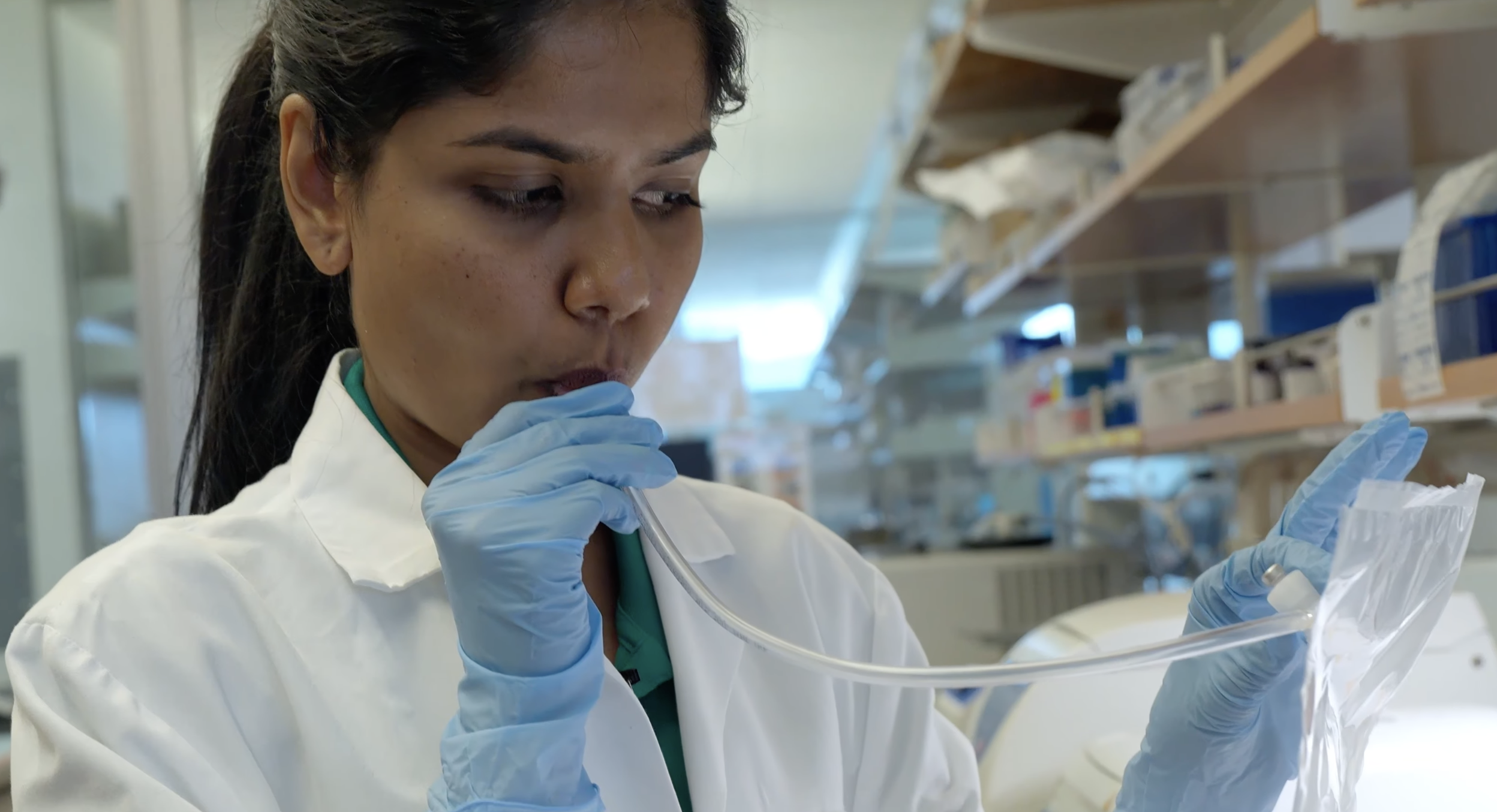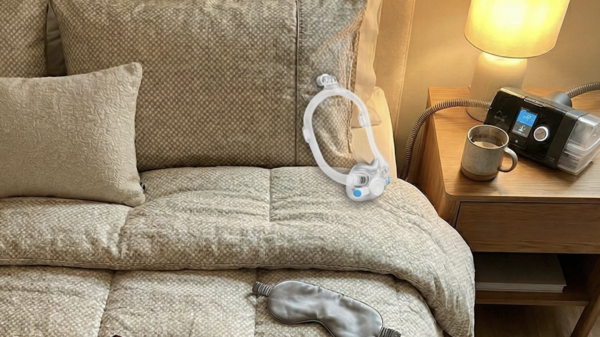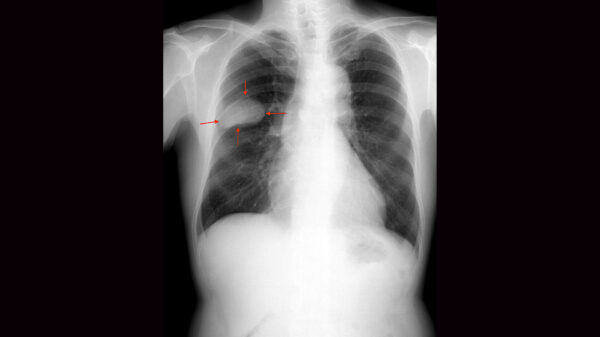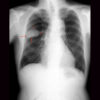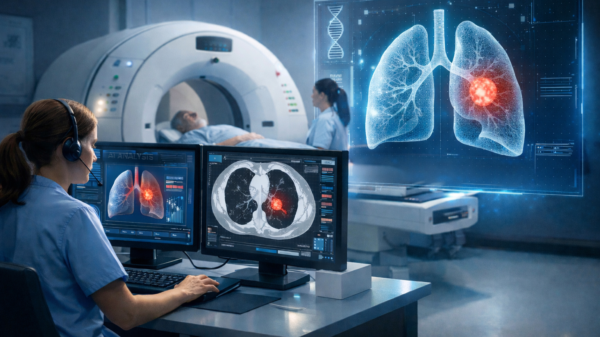Researchers from the University of Texas at Dallas have been investigating how breath can be used to help diagnose lung and other thoracic cancers.
Through the use of an electrochemical biosensor and artificial intelligence, their early-stage technology has demonstrated an ability to identify volatile organic compounds associated with these diseases.
“We built a sensor technology that is precise, unique and highly accurate in looking for eight biomarkers associated with lung malignancy or thoracic malignancy,” said lead researcher and head of the school’s Department of Bioengineering, Dr. Shalini Prasad.
She explained that the tool could help physicians catch diseases in their earliest stages and improve treatment outcomes. Furthermore, it represents a potentially non-invasive and affordable breath analysis system that could see widespread adoption later down the road.
Eventually it could become a regular part of a person’s annual physical or as ordinary as their yearly blood draw, Prasad said.
They tested their gadget on breath samples from 67 patients, including 30 that had confirmed thoracic cancer. It was capable of identifying the associated VOCs in 90 per cent of the samples from those with confirmed cases, they highlighted.
“Using minimally invasive technologies like biomarkers and exhaled volatile-organic-compounds analysis can help in the early detection of thoracic malignancies with minimal burden on patients and the health care system,” said interventional pulmonologist, Abu-Hijleh, in a press release from the school, “carrying less overall morbidity.”
Read more: Breath Diagnostics leaders promote their mission at Miami investment conference
Prasad & team published study in August
In the peer-reviewed journal Sensing and Bio-Sensing Research earlier this year, the investigators went more in-depth about their findings.
Their study, titled Electrochemical Breath Profiling for Early Thoracic Malignancy Screening, yielded positive results despite being small in scale. More research is necessary.
“With our work here, we hope to illustrate a significant first step in scientific advancement toward low-cost, rapid, and non-invasive breath analysis by using lung cancer screening as a case study,” the authors concluded.
“While more data is needed to appropriately qualify our results clinically, we hope this inspires more work in the field of breathomics.”
Their research may be new and exciting in the university’s laboratory, but it is not novel. One particular American company has developed a much more advanced and thoroughly studied lung cancer breath test. It also works by examining the composition of VOC biomarkers associated with lung cancer.
The OneBreath system, pioneered by Breath Diagnostics, has been examined in over 800 patients during several studies throughout multiple clinical sites. It has achieved a 94 per cent rate of sensitivity and 85 per cent level of specificity, thereby minimizing false positives.
“We collect and analyze breath in the most repeatable, quantifiable, accurate and reliable way possible,” said Breath Diagnostics CEO, Ivan Lo, in an interview last week.
“When it comes to the detection of early-stage lung cancer, we have the most published breath diagnostics platform for that purpose,” he added.
Read more: Breath Diagnostics adopts state-of-the-art mass spectrometer device for lung screening
Follow Rowan Dunne on LinkedIn
rowan@mugglehead.com

